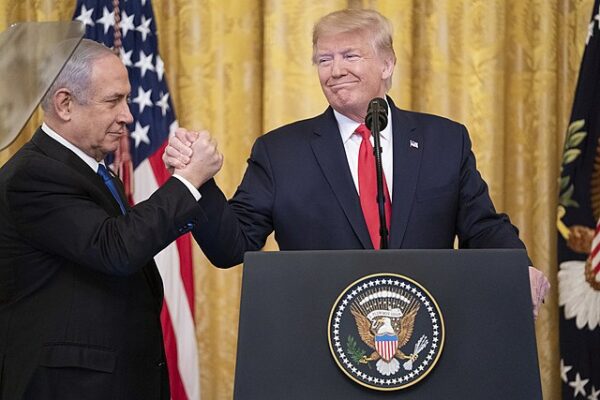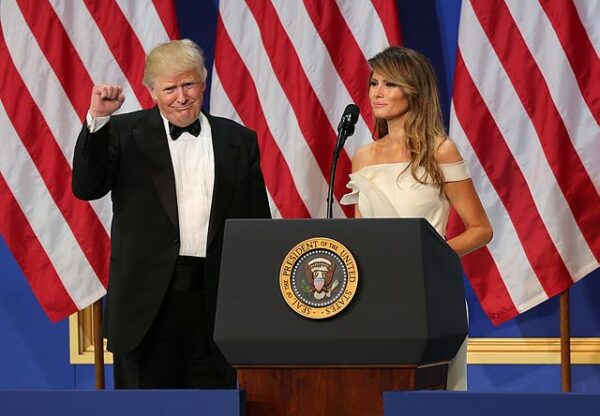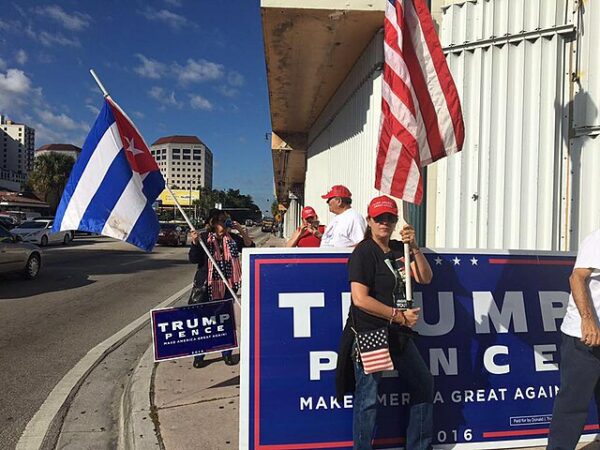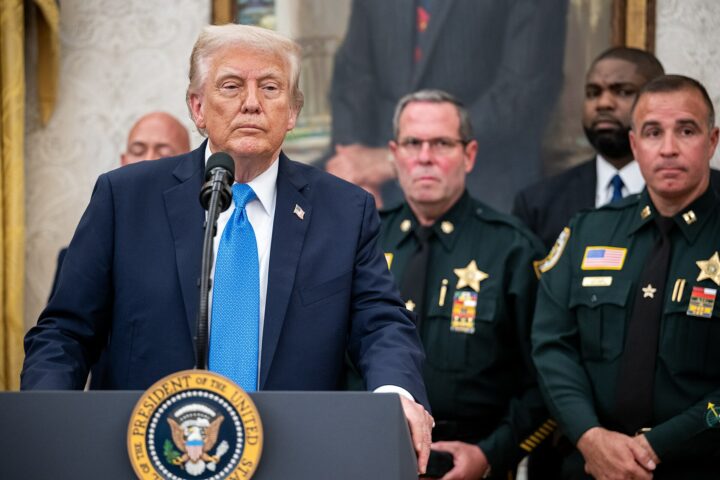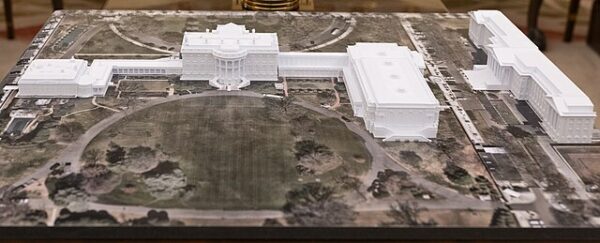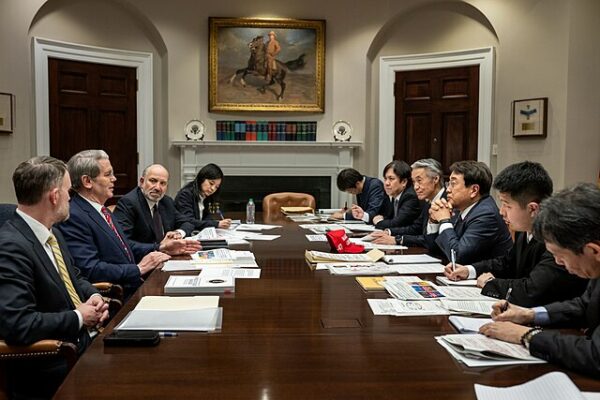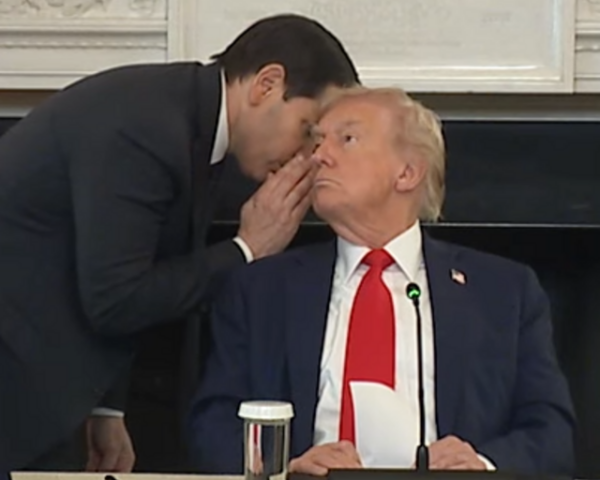The peacemaker may not have won the Nobel Prize, but he did win over the UN. The United Nations Security Council on Monday unanimously endorsed President Donald Trump’s proposal for stabilizing and rebuilding Gaza, approving a U.S.-backed resolution with a 13-0 vote after Russia and China opted to abstain rather than exercise their veto power.
President Trump celebrated the outcome as “one of the biggest approvals in the history of the United Nations” and a “moment of true historic proportion” that would “lead to further peace all over the world,” according to his remarks following the vote, according to NBC News. The sweeping endorsement gives Washington its strongest diplomatic mandate yet for the plan, which outlines temporary international oversight of Gaza, full demilitarization, and a long-term reconstruction strategy. The framework also calls for the creation of an International Stabilization Force (ISF) — potentially drawing troops from Turkey, the United Arab Emirates, and Indonesia — and establishes a new “Board of Peace” to be chaired by Trump himself.
U.N. Secretary-General António Guterres described the Council’s decision as “an important step,” urging that it was “essential now to translate the diplomatic momentum into concrete and urgently needed steps on the ground,” according to a statement from his office. Yet even as diplomats marked the rare unanimity, regional analysts cautioned that global approval represents just the beginning of a far more formidable phase.
Frank Lowenstein, who served as special envoy for Israeli-Palestinian negotiations during the Obama administration, told NBC News that winning Security Council backing was “essential” for the proposal’s viability. “There was no way this Trump plan could possibly work without a U.N. Security Council resolution,” he said, adding that the document confers vital legitimacy and a chance to build momentum. But Lowenstein also warned that the vote was “nowhere near sufficient,” citing the United Nations’ limited enforcement capabilities and early pushback from key players.
The biggest unknowns center on whether the main parties will embrace the blueprint. The resolution asserts that “the parties” to the conflict “have accepted it,” but early reactions reflected deep fissures. The Palestinian Authority welcomed the measure and signaled its “full readiness to cooperate” with the United States and partner nations. Hamas, however — which governs parts of Gaza and would be required to disarm — rejected the resolution outright, arguing that it failed to meet the “political and humanitarian demands and rights” of Palestinians. The group further contended that authorizing the ISF to use force “strips it of its neutrality, and turns it into a party to the conflict in favor of the occupation.”
Israeli Prime Minister Benjamin Netanyahu applauded the resolution’s focus on “full demilitarization, disarmament and the deradicalization of Gaza,” crediting Trump and his team for advancing the prospect of peace and long-term stability. Still, he has previously distanced himself from elements of the proposal envisioning “a pathway towards Palestinian self-determination and eventual statehood,” citing pressures from within his governing coalition.
Complicating matters further, the plan requires the creation of entirely new governing and security structures, including the Trump-chaired Board of Peace — with membership expected to be announced in the coming days — and the multinational ISF. Indonesia has signaled willingness to deploy up to 20,000 troops, but such a force is unlikely to materialize without Hamas’s assent. “Nobody’s going to send troops to be a part of the stabilization force that’s going to be fighting Hamas,” Lowenstein said.
As winter deepens hardship for displaced families and reconstruction lags, the resolution’s success will depend on narrowing the distance between Monday’s international endorsement and the daunting realities awaiting implementation on the ground.
[Read More: Trump Says He’ll Sign Release Of The Epstein Files]

